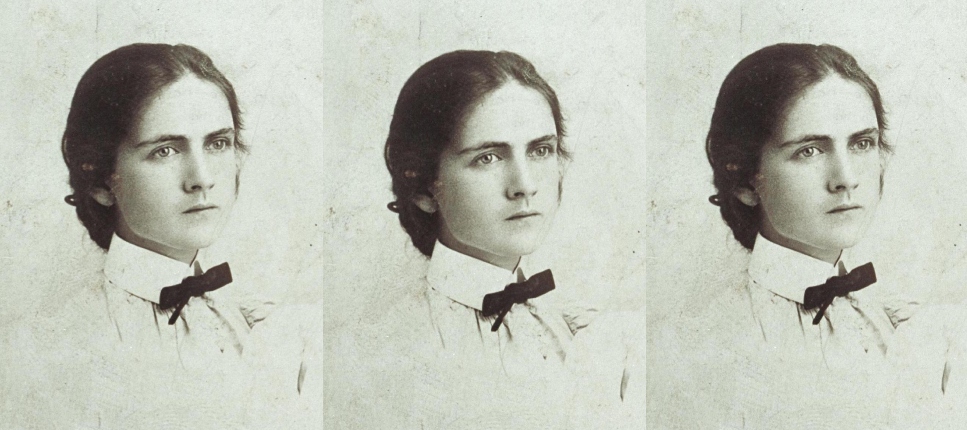TODAY: In 1867, American classicist and author Edith Hamilton is born.
-
“It was like unearthing shards of Roman pottery.” Julie Otsuka on writing from memories. | Lit Hub
-
James Hynes considers the thorniness of writing period appropriate yet accessible dialogue in historical fiction. | Lit Hub Craft
-
How Richard Wright’s Black Boy inspired Omer Aziz. | Lit Hub
-
“Arendt had made her decision. There was no future in this country. At least not for people like her.” How the Nazi State saw Hannah Arendt. | Lit Hub History
-
James McBride’s The Heaven and Earth Grocery Store, Sin Blaché & Helen Macdonald’s Prophet, and John Glatt’s Tangled Vines all feature among the Best Reviewed Books of the Week. | Book Marks
-
10 new crime novels coming out this week. | CrimeReads
-
Paramount has reached a deal to sell Simon & Schuster to KKR, a private equity firm. | The New York Times
-
Madeline Miller details her nightmarish experience with long covid. | The Washington Post
-
Suzanne Nossel lays out the profound implications of Hollywood’s fight against AI. | The New Republic
-
Sophia McClennan discusses the role of political satire in decoding the chaos of the Trump White House. | JSTOR Daily
-
A brief history of the letter X. | Smithsonian Magazine
-
“Victoria’s moral clarity, determination, and love of country impressed me greatly.” Jon Lee Anderson on the life and death of the Ukrainian writer Victoria Amelina. | The New Yorker
-
Are libraries the future of media? | Popula
-
Cord Jefferson explains the stakes of the writers’ strike. | GQ
-
“Perhaps the best way to write a Great American Novel is not to think of yourself as a novelist at all.” Laura Miller on James McBride. | Slate
-
On the ubiquity of “sad girl” literature: “There’s something wrong with millennial privileged women reading about millennial privileged women writing books about millennial privileged women.” | The Guardian
-
How Michael Cunningham’s 1998 novel, The Hours, changed the way we see Virginia Woolf. | BBC
-
Sasha Abramsky reports on the Dayton, Washington library that became a culture war battleground. | The Nation
-
“I know that during the Olympic Games we will do strictly nothing other than what we’ve been doing for ninety years.” Paris booksellers tell Jacqueline Feldman how they’re preparing for the 2024 Olympics. | The Paris Review
-
Amor Towles considers the state of the cadaver, “that unsung hero of murder mysteries.” | The New York Times Book Review
-
“Publishing a book is both voluntary and enviable, making complaints seem churlish or naive. But this feeling is part of the publication panic: you are so acutely aware that it’s supposed to be the highlight of your life.” Megan Nolan on the “trauma” of publishing a novel. | The New Statesman
Also on Lit Hub:
In an open letter to the Pulitzer Prizes, 125 writers argue that it’s time to recognize literature by noncitizens • Former Velvet Underground frontman Lou Reed talks to Allan Jones about making an unlistenable album • On the tricky art of turning truth into fiction • How casting Helen of Troy becomes an exercise in female power • The making of WWI-era socialite and spy Marguerite Harrison • How scientific and technological breakthroughs created a new kind of fiction • Prudence Peiffer on balancing motherhood and authorhood • Lydia Kiesling on writing an oil novel in the age of climate change • Finding inspiration in advice columns from WWII-era women’s magazines • Brian Robert Moore reflects on translating “living legend” Michele Mari • Writing characters after the repeal of Roe v. Wade • Pablo Delcan and Jamie Keenan discuss the evolution of their designs for the same book • The exponential difficulty of juggling many narrative voices • How one man walked 6,000 miles across New York City
